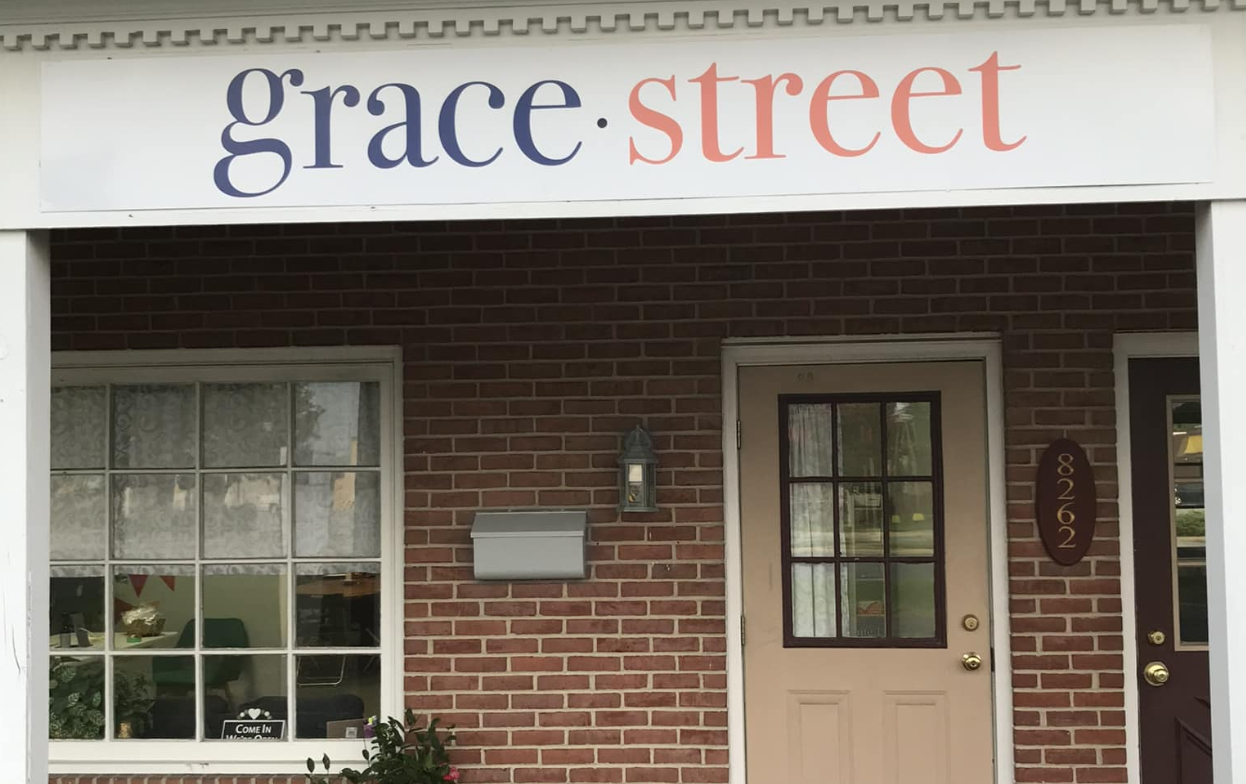It’s impossible to look at substance abuse statistics without recognizing it as a health crisis of the first magnitude.
According to Maryland Health Department, overdose rates nationally tripled between 2011-2017 and during the first year of the pandemic with more than 99,000 overdose related deaths reported, an increase of nearly 30%. Alcohol abuse also spiked.
Although Maryland ranks well with its number of treatment centers available, every county still has significant opioid problems, and the rural Eastern Shore is no exception. Talbot County reports that between 2017 and 2021 overdose deaths have increased by 50%.
Grace Street is the newest introduction to addiction recovery efforts in Talbot and surrounding counties and offers support based on the national success of the Recovery Community Organization (RCO) model.
The Recovery Community Organization fundamental mission is to bridge the gap between professional treatment and learning how to maintain long-term recovery with the help of a community-centered peer recovery support services.
Fundamentally, Recovery Communities are about establishing an environment to promote long-term recovery. As RCOs are independent non-profits, they are led and governed by representatives of the local communities of recovery who organize recovery-focused policy advocacy activities, carry out recovery-focused community education and outreach programs, and/or provide peer-based recovery support services.
Grace Street is a significant addition to the recovery movement on the Eastern Shore. Indeed, it’s strength is offering a sense of community to those fighting to maintain their recovery as they reenter society.
The Spy recently spoke to Grace Street Program Director Kate Dulin about the new facility in Easton, their vision for the future and a call for community volunteers.
Grace Street serves people in Easton and Talbot County, and in neighboring counties across the Mid-Shore. Referrals are not necessary, and services are free. The center is open weekdays, 4 – 9 pm. and weekends 2 p.m –7 p.m. Daytime hours vary. Anyone interested in volunteering, partnering, or supporting this project can contact Kate Dulin, program director, at 410-690-7353 or visit GraceStreetRecovery.org and their Facebook page.
This video is approximately five minutes in length.



Write a Letter to the Editor on this Article
We encourage readers to offer their point of view on this article by submitting the following form. Editing is sometimes necessary and is done at the discretion of the editorial staff.